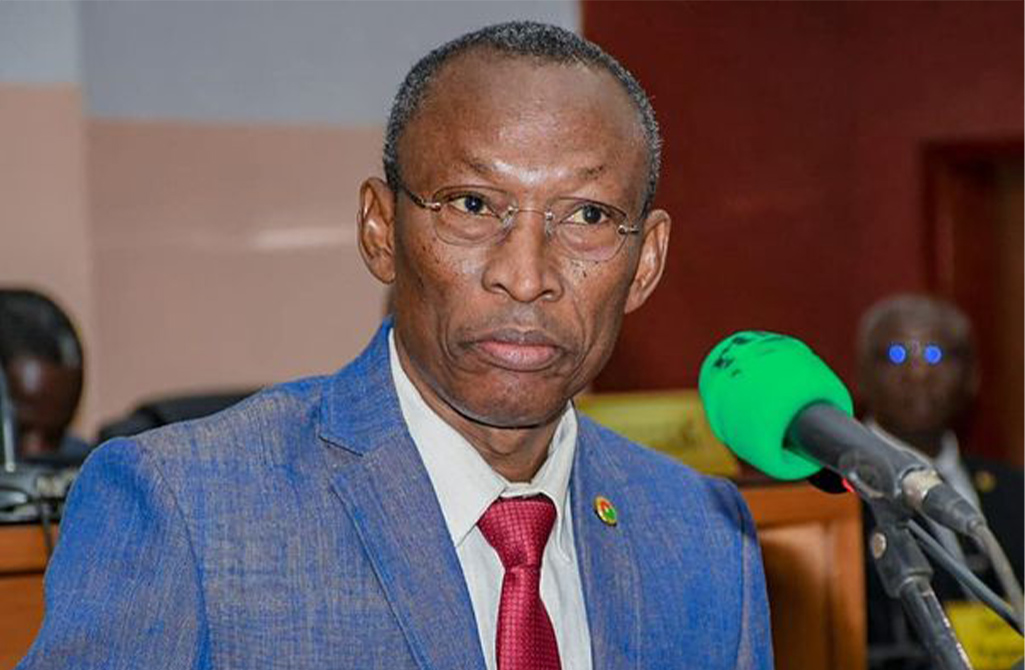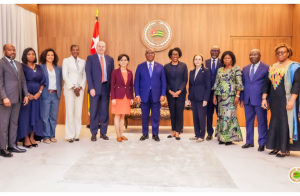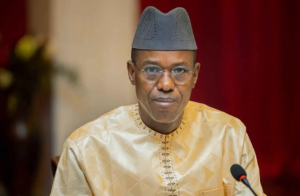Burkina Faso: Electronic ccommunications as a pillar of Sovereignty and Economic Development

Electronic communications are a cornerstone in Burkina Faso’s social transformation and economic growth. This critical role was emphasized on Monday in Ouagadougou during the opening of the National Conference on Electronic Communications Regulation, under the leadership of Prime Minister Apollinaire Joachimson Kyélem de Tambèla, represented by the Minister of Electronic Communications, Dr. Aminata Zerbo/Sabané.
In his message, the Prime Minister highlighted the strategic importance of the sector, stating: “Electronic communications are not merely a driver of economic development but also a pillar of social transformation and national sovereignty.”
This underscores the government’s commitment to leveraging digital technologies as a key tool for strengthening independence and fostering national competitiveness.
Addressing sector challenges
The conference, themed “Strengthening Regulation for Improved Quality of Service in the Electronic Communications Sector,” aims to tackle the growing challenges posed by technological, economic, and security demands.
Minister Zerbo/Sabané acknowledged the progress made in the sector but noted ongoing concerns, including service quality, pricing transparency, and effective complaint management.
These issues highlight the need to enhance regulatory frameworks to better meet the expectations of both consumers and industry stakeholders.
A National strategy for Digital sovereignty
The Burkinabe government is committed to modernizing infrastructure and implementing reforms to make the electronic communications sector more competitive and resilient.
These efforts are designed to improve user experiences while ensuring Burkina Faso’s digital sovereignty in a global landscape shaped by rapid technological advancements.
The National Conference provides a platform for stakeholders to collaborate and develop a roadmap for tailored regulatory strategies. This initiative reflects the authorities’ ambition to position electronic communications as a key driver of economic growth and digital inclusion, emphasizing its role as a strategic priority for sustainable and sovereign development.
Papa IBRAHIMA











